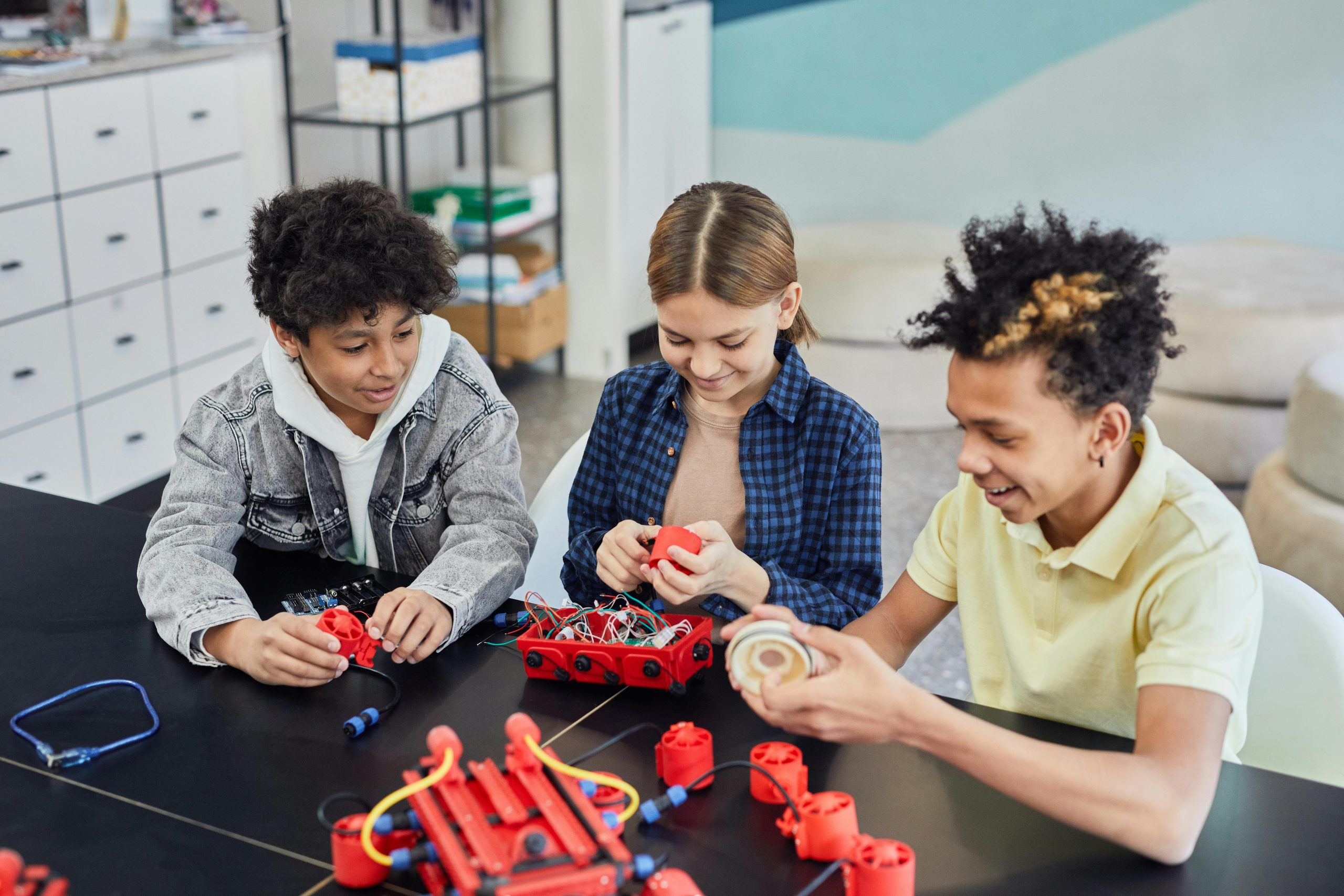The Changing Role of Educators in Technology-Rich Classrooms
Technology has become an integral part of our daily lives, and the educational sector is no exception. With the introduction of technology in classrooms, the role of educators has significantly evolved. Gone are the days when teachers were solely responsible for imparting knowledge and delivering lectures. In today’s technology-rich classrooms, educators have taken on a more dynamic role, leveraging technology to enhance the learning experience for their students. In this article, we will explore the changing role of educators in technology-rich classrooms and how it has revolutionized the traditional concept of teaching.
The Integration of Technology in Education
In recent years, there has been a significant shift towards incorporating technology in the education sector. From smart boards and tablets to educational software and virtual reality, technology has become an essential tool in the classroom. This integration has opened up a whole new world of possibilities for both educators and students, allowing them to explore, create, and learn in ways that were previously unimaginable.
From Instructors to Facilitators
In the traditional classroom setup, educators were considered the sole source of knowledge. They would deliver lectures and students would listen, take notes, and memorize information. However, with the introduction of technology, educators have transitioned into facilitators rather than just instructors. They now have access to a vast pool of resources and tools that enable them to create interactive and engaging learning experiences for their students.
For instance, instead of simply lecturing about a topic, an educator can now use visual aids, videos, and animations to make the learning process more interactive and enjoyable. This not only helps in capturing the students’ attention but also enhances their understanding of the subject matter.
The Role of Technology in Personalized Learning
One of the most significant advantages of technology in education is its ability to cater to individual learning styles. Every student has a unique way of learning, and traditional methods of teaching may not be effective for everyone. With the help of technology, educators can create personalized learning experiences that cater to the specific needs of each student. For example, an educator can use adaptive learning software that adjusts the difficulty levels based on a student’s performance, ensuring that they are challenged enough to learn but not overwhelmed.
The Impact on Student Engagement
The use of technology in the classroom has significantly increased student engagement. With the traditional lecture-style teaching, students often become passive listeners, leading to a lack of interest in the subject matter. However, technology allows educators to create interactive and immersive learning experiences that keep students engaged throughout the lesson.
With the help of virtual reality and simulations, students can now take virtual field trips, conduct experiments in a safe environment, and participate in hands-on learning activities. This not only makes learning more fun and exciting but also improves retention and understanding of the subject matter.
The Shift towards Blended Learning
Blended learning, a combination of traditional face-to-face instruction and online learning, has emerged as a popular model of education in recent years. Technology has played a significant role in the expansion of this model, making it possible for educators to create a balance between in-person and online learning.
Blended learning has proven to be beneficial as it gives students the flexibility to learn at their own pace and educators the freedom to design personalized learning experiences. It also helps bridge the gap between different learning styles, making education more inclusive and accessible to all.
Conclusion
The integration of technology in classrooms has undoubtedly transformed the role of educators. They are no longer limited to delivering lectures, but instead, they have taken on a more dynamic role, utilizing technology to create engaging and interactive learning experiences. The impact of technology in education can be seen in the increased engagement and personalization of learning, ultimately leading to improved academic performance. As technology continues to advance, it will continue to shape the future of education, and educators will play a crucial role in harnessing its potential to create a more effective and inclusive learning environment.










